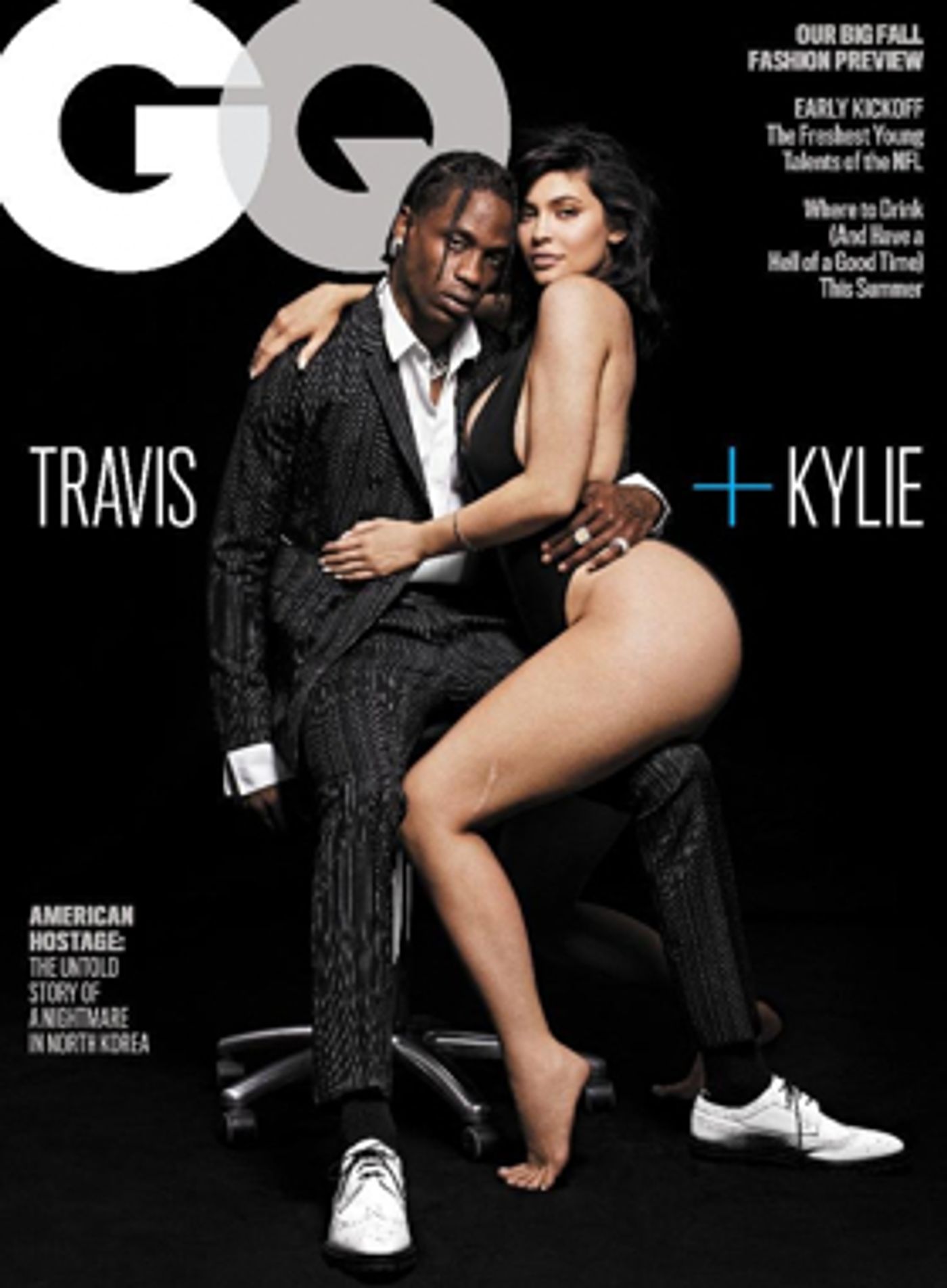GQ: Spike Lee Just Made The Movie Of The Year, The BlacKkKlansmen Director Revisits His Filmography on the Eve of His Next Hit

"I don't care what the critics say or anybody else," Spike Lee tells Zach Baron in the August issue of GQ with photos by Maciek Jasik. "But we are on the right side of history with this film." He says that some of his projects were before their time. "A lot of my films people didn't get when they came out," he claims. "They didn't get 25th Hour. Now people love that film."
Boasting a directorial career that has spanned over three decades, Lee has released cult classics, and has fought to stay true to his art. This past spring, his latest film, BlacKkKlansmen premiered at Cannes to much fanfare. It was his return to the festival, after his 1989 film, Do the Right Thing, lost the Palme d'Or, a loss that affected Lee. "They told me it was Wenders [jury chairman director Wes Wenders] that did it. He was not letting it happen. He just lied again at Cannes this year and said jury presidents have no power. I woulda left the hatchet buried, but now he lied again." The film won the second-place Grand Prix prize.
BlacKkKlansmen tells the true story of Ron Stallworth, the first black member of the Colorado Springs police department, who successfully infiltrated the a local Ku Klux Klan chapter-by phone-in the late 70s. The film is a comedy, a tragedy, a thriller, and satire, all rooted in truth. It was an important story for Lee to tell, because he notes that movies have always been a powerful teaching tool in exposing people to unfamiliar subjects. "That's been history," he says. "Not the whole history, but a large part of the history of Hollywood-to dehumanize people, whether we're black, Hispanic, gay, whatever." He recalls film school at NYU: "All you're taught is that [Birth of a Nation director] DW Griffith is considered the so-called father of cinema." The film led to the revitalization of the then-dormant Klan. "Woodrow Wilson said, 'It's like writing history with lightning.'"
Read the full feature here.
BlacKkKlansmen is in theatres August 10.
The August issue of GQ is on stands now.
credit Maciek Jasik
Videos

